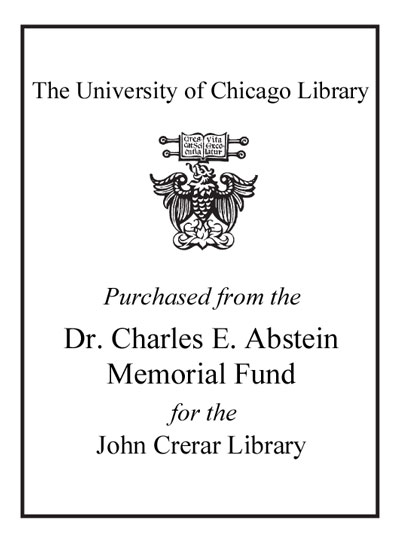| Summary: | "Developing credible short-term and long-term projections of Medicare health care costs is critical for public- and private-sector policy planning, but faces challenges and uncertainties. There is uncertainty not only in the underlying economic and demographic assumptions used in projection models, but also in what a policy modeler assumes about future changes in the health status of the population and the factors affecting health status, the extent and pace of scientific and technological breakthroughs in medical care, the preferences of the population for particular kinds of care, the likelihood that policy makers will alter current law and regulations, and how each of these factors relates to health care costs for the elderly population. Given the substantial growth in the Medicare population and the continued increases in Medicare, Medicaid, and private health insurance spending, the availability of well-specified models and analyses that can provide useful information on the likely cost implications of health care policy alternatives is essential. It is therefore timely to review the capabilities and limitations of extant health care cost models and to identify areas for research that offer the most promise to improve modeling, not only of current U.S. health care programs, but also of policy alternatives that may be considered in the coming years. The National Research Council conducted a public workshop focusing on areas of research needed to improve health care cost projections for the Medicare population, and on the strengths and weaknesses of competing frameworks for projecting health care expenditures for the elderly. The workshop considered major classes of projection and simulation models that are currently used and the underlying data sources and research inputs for these models. It also explored areas in which additional research and data are needed to inform model development and health care policy analysis more broadly. The workshop, summarized in this volume, drew people from a wide variety of disciplines and perspectives, including federal agencies, academia, and nongovernmental organizations."--Publisher's description.
|
|---|


